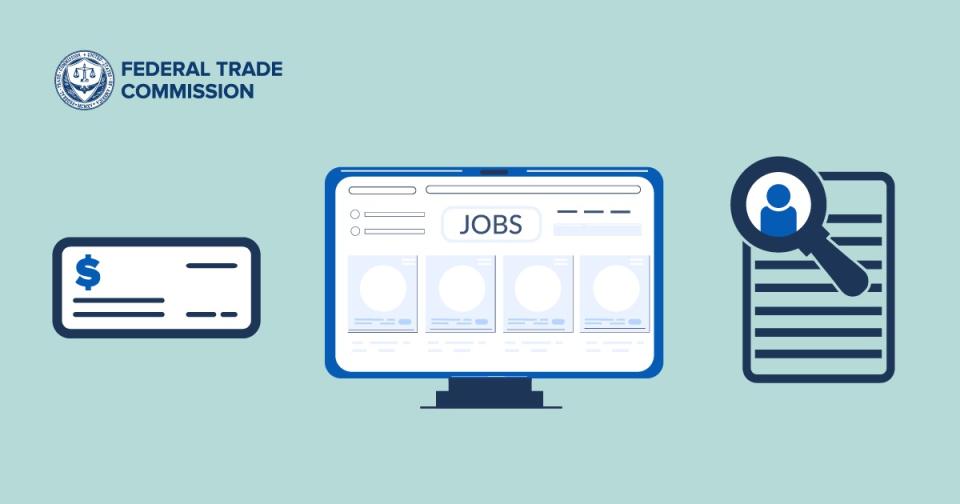Scammers know that many people want to make money working from home. So they send emails, texts, or advertise jobs that claim you can make thousands of dollars a month working from home with little time and effort. What do they really want? Your money or personal information.
Scammers might try to recruit you by saying you can be your own boss, start your own business, or set your own schedule. But instead of making money, you might end up paying for starter kits, so-called training, or certifications that are useless.
Before you accept a job offer:
- Search online. Look up the name of the company or the person who’s hiring you, plus the words “scam,” “review,” or “complaint.” See if others say they’ve been scammed by that company or person.
- Talk to someone you trust. Describe the offer to them. What do they think? This also helps give you time to think about the offer.
- Don't pay for the promise of a job. Honest employers will never ask you to pay to get a job. Anyone who does is a scammer.
- Never bank on a “cleared” check. No honest potential employer will ever send you a check and then tell you to send on part of the money, or to buy gift cards with it. That’s a fake check scam. The check will bounce, and the bank will want you to repay the money.
Learn more at ftc.gov/jobscams. And if you spot a job scam, let the FTC know: ReportFraud.ftc.gov.

